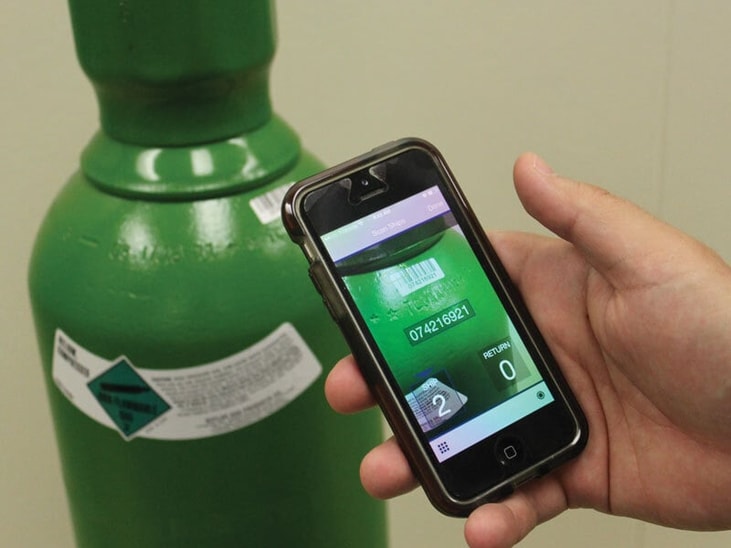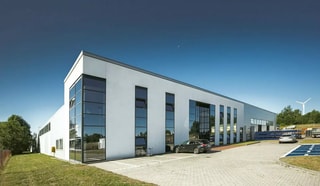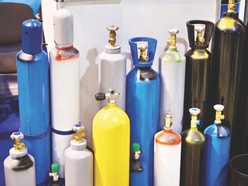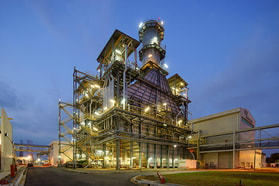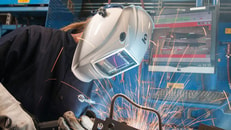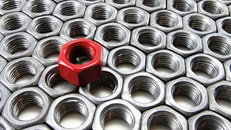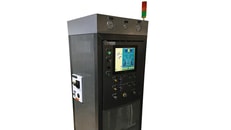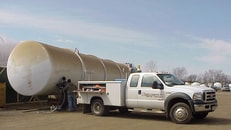The History (and Future) of Cylinder Tracking
The history and future of Cylinder tracking is discussed in this feature, kindly provided by James S. Glessner.
Most people are familiar with the bulkiness of the first computers and the first cellphones. Similarly, in the 1980s, rugged handheld scanners used in industrial applications were the size of large bricks, and just as heavy. They usually stopped working when dropped, which happened often, especially when users got frustrated with them. If you wanted to print a receipt for what had been scanned, you had to attach the handheld via cable to a printer, a printer which was carried around in a case that resembled a briefcase. To be completely fair to 1980s-style scanners, the equipment ergonomics were only as good as the components that were available to build the devices at the time. Those components were large and hence the devices were big and cumbersome as well.
Despite these obstacles, at the time rugged handhelds were at the cutting edge in the budding field of devices that could read barcode labels. Barcodes were an emerging way to rapidly identify separate products or assets as unique and distinct units tied to data in a database, and they were beginning to be deployed across multiple industries. If a barcode label fell off a product, it could be replaced cheaply, unlike bulkier attachments. A barcode scan could auto-identify physical assets and eliminate error-ridden manual data entry. In 1974, the first grocery store barcode was scanned to help speed up the process of accurately tallying grocery bills at the register.
... to continue reading you must be subscribed

